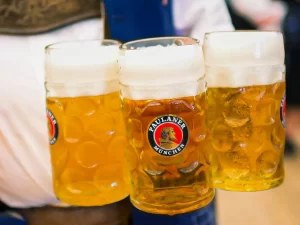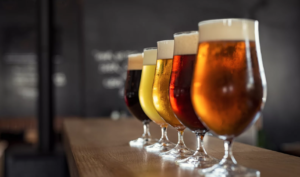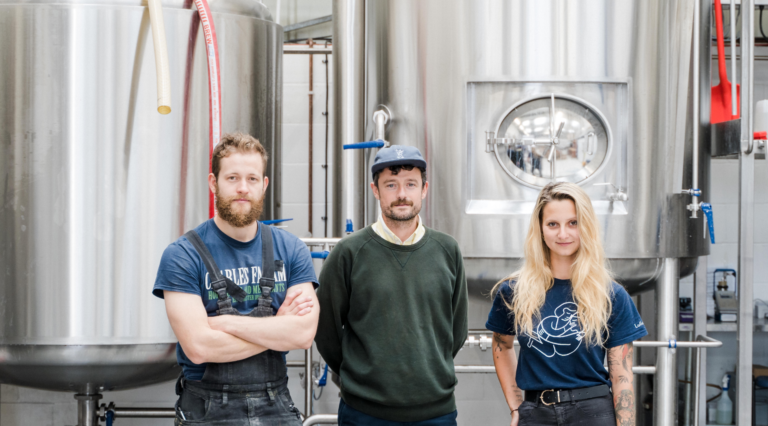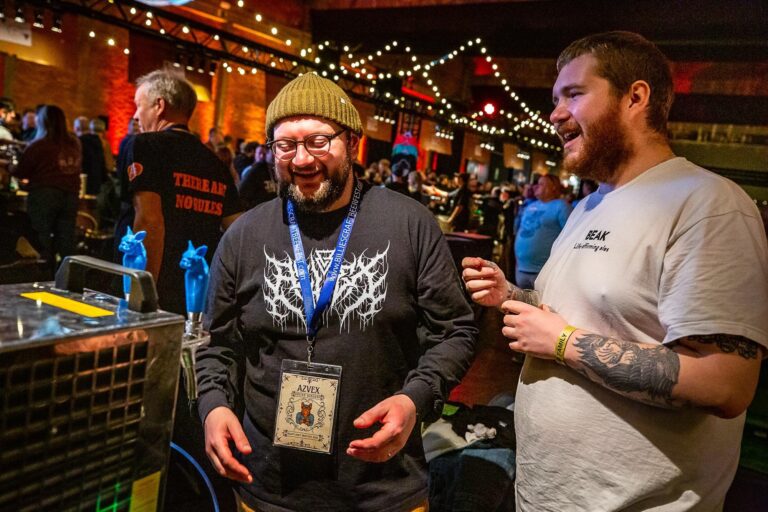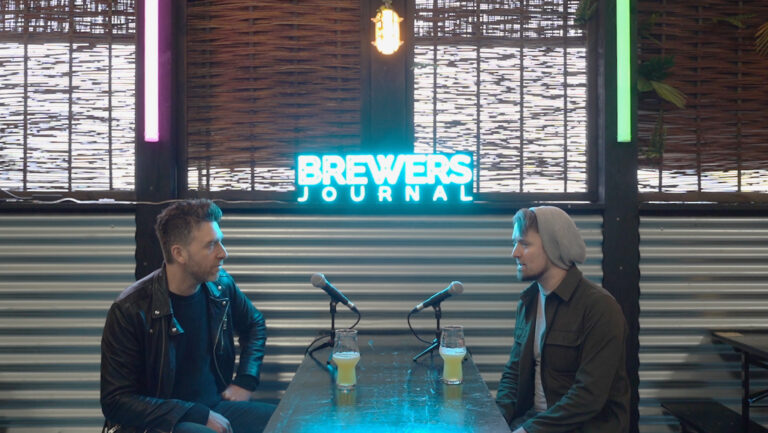By making more informed decisions throughout the product lifecycle and supply chain, we can reduce our sector carbon footprint, contributing to a more sustainable future and an even better world of beer, argues Christian Barden, the CEO of UK & Europe at Konvoy.
Scope 3 carbon emissions (CO2e) typically account for ~85% of a brewery footprint and ~70% of a hospitality venue footprint.
The Scope 3 category captures the up and down stream indirect emissions such as waste, travel, energy, investments, leased and owned assets.
The carbon footprint of a product or service can vary significantly depending on multiple factors throughout its lifecycle ranging from raw materials, manufacturing processes, transportation, use and end of life management.
Whilst kegs and casks might look very similar, their carbon footprint might look very different over their lifespan. Losses, damages, idle time, end of life disposal, route to market and collections are just a handful of specific items that impact the CO2e that gets passed between breweries, bars and even consumers.
The Corporate Sustainability Reporting Directive (CSRD) will soon be upon us, requiring companies to report on the impact of activities on the environment and society, and requires the audit (assurance) of reported information.
All these activities combine to impact the carbon footprint of a pint. Like calories being labelled on menus, it’s possible that consumers will also want to know the carbon footprint of the pint in their hand, which will vary dramatically.
With some simple workings using UK government published footprint statistics for a keg alone; a 30-litre keg that lasts 30 years and turns 90 times could have a CO2e that is 5 times smaller than a keg having to be replaced after 15 years and only achieving 60 turns. That’s all before considering the impact of activities such as logistics, waste, and ullage etc.
Like calories being labelled on menus, it’s possible that consumers will also want to know the carbon footprint of the pint in their hand, which will vary dramatically.
Christian Barden
Nothing can be optimised until it can be seen, and optimisation isn’t that sexy until you measure its impact on your economic, environmental and experiential targets.
Konvoy’s edge IoT (Internet of Things) keg and cask tracking device (Katch) and Cloud platform enables greater efficiency, effectiveness, quality, circularity and sustainability from producer to venue and back again. By recording location, temperature and motion data every 10 minutes and reporting every 12 hours, brewers and fleet operators really can see in real-time what needs to be optimised.

With more than 130,000 tracking devices on our own fleet, Konvoy’s tracking device and Cloud based technology has been deployed on more than just kegs and casks across brewery operations with tracking devices used within mobile event equipment, along with other up and downstream products in consideration from transportation of yeast, hops, retail roll cages and CO2 shipments.
Within the brewing sector, the team are delighted to have begun tracking journey’s with Brewpoint, Titanic Brewery, Salopian Brewing Co., Lost & Grounded, Barney’s Beer, Brasserie du Mont Blanc (to name a few) and a steadily growing number of high-profile brewers, suppliers, wholesalers, cold chain operators and retailers.
By making more informed decisions throughout the product lifecycle and supply chain, we can reduce our sector carbon footprint, contributing to a more sustainable future and an even better world of beer.




